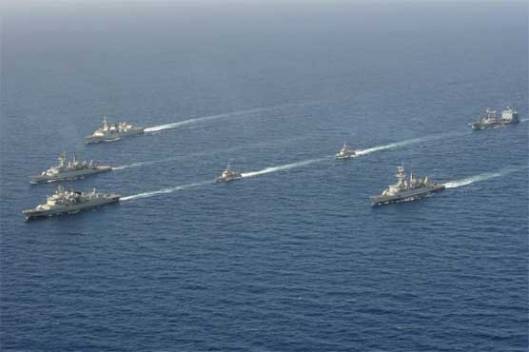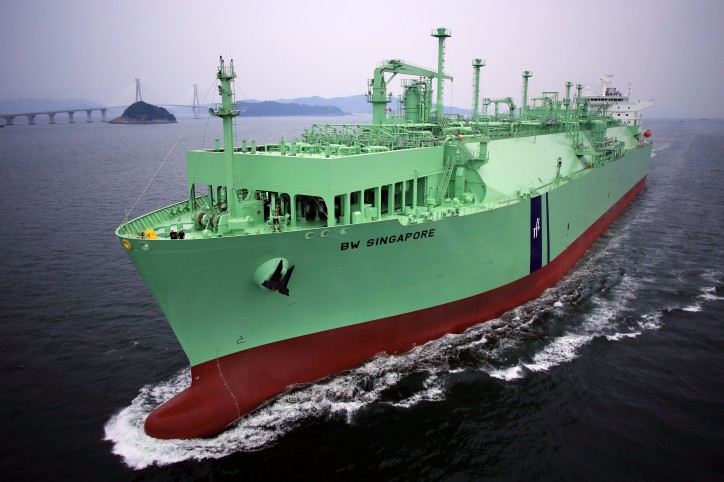A modern port is designed to cater to the demands of the economy, whether more imports are entering the country or whether goods and commodities are destined for exports. It is imperative that a strategic framework be in place to regularly upgrade and improve the infrastructure, eliminate unnecessary bottlenecks, ensure productivity and efficiency of dockworkers, stevedores, and the port management and operational staff, and to make the ports user-friendly in real time.
The Karachi Port is the lifeline of Pakistan’s economy. This is the first entry for imports and this is where Pakistan’s exports are shipped around the world. It is important that all essential steps are undertaken so that the port users are not handicapped with exorbitant and ad hoc dues and charges. The present Chairman of KPT, Vice Admiral (R) Shafqat Jawed, has often stressed the need for creating an enabling environment and introducing a corporate and efficient culture at the port. However, decisions must be taken to rationalize the tariff and dues structure. A review is presented alongwith some viable suggestions.
The first issue that crops up is that the Karachi Port tariffs for ships are very high and frequent changes are made without any information to port users. Due to high port tariffs and excessive light dues, KPT earns huge surpluses and then the trustees become generous in advancing huge money to build flyovers, underpass in the city, water fountains, and donating large amounts here and there. Port dues are dollar-based and for every increase in dollar value, KPT earns a bonanza. These resources are then used to finance projects that are not port based. Ministry of Ports and Shipping must issue explicit orders that port cash surplus cannot be used for non-KPT projects and events.
Light dues, which are based on Net Registered Tonnage (NRT) of the vessel, were Rs0.50 per NRT, but some five years ago, these were raised to Rs3 per NRT and again in 2012/2013 increased to Rs7 per NRT. These excessive dues are levied to maintain the Lighthouse. An example is that a ship carrying coal with 27,000 NRT is billed $1,948, adding Rs5 per metric tonne (PMT) of cargo. However, no proper accounting of the maintenance cost is provided to users. No one is consulted and no one knows where the money is spent. This has resulted in port dues and light dues for the vessel propping up to $1/1.50 PMT whereas, in actuality, port dues should be lower.
All this is eventually paid by users, while the business community gets to know later that freight costs are increasing for their imports and exports. They are thus paying excessive container Terminal Handling Charges (THC) since port dues ensue into increased freight charges. Nobody in any trade organizations nor even the Private Sector Trustees on the KPT Board monitor light dues and port dues and nor do they attempt to get these reduced. Resultantly, these are costing billions in supplementary cost to trade.
In fact, port charges should be bifurcated into local – those incurring port costs like salaries of KPT, maintenance and repairs, etc, and foreign – where foreign exchange is involved. This would save billions in cost of handling rapeseed, canola, wheat, coal, etc for exporters, importers, and even the government.
The container terminals have been given carte blanche to charge whatever they want in blatant violation of the contractual agreement. A vivid example is at Port Qasim where a Terminal operator, that quoted Rs390 PMT for the first ten years in the initial tender, is now unilaterally charging Rs469 PMT and upto $14 PMT. These container terminals are minting record profits and, no wonder, foreigners grabbed the PICT shares at abnormal prices since the profits are phenomenal. Shares of container terminals are akin to the money made by LNG and fertilizer companies, profits at tremendous cost to businessmen and farmers.
In the same manner, shipment of edible oil and crude oil is subject to higher than market rates because PNSC has been given the mandate of higher rates thus adding millions to the prices that the nation pays out for crude oil and petroleum. Private tanker owners worldwide are offering cheaper transportation freight rates on long-term based index but due to PNSC, oil cost rises. The modus operandi adopted by PNSC is that it is given first refusal rights on the tender for transportation. Instead of operating its own vessels, PNSC charters vessels from the open market at lower rates and skims the differential as its profit. Moreover, the PNSC dry bulk fleet was procured at higher rates and the operating losses of dry bulk carriers are enormous but these are camouflaged in the huge profits made from tankers.
KPT resources must be invested to upgrade the berths, introduce modern equipment, plant mangroves, clean up the polluted water and port area, and building high ceiling edifice at Groyne Yard so that environmental issues emanating from coal stored at the Groyne Yard are seriously addressed and eliminated. It is reiterated that a total ban be placed on utilizing KPT money for fountains, underpasses and flyovers in Karachi.
Another area where costs are negatively affected and is a very serious concern is the stranglehold that the truckers have on movement of goods from the port. They do not accept or agree to long-term commitments and hence arbitrarily jack up the per ton rates at will. They often resort to strikes with the result that port users suffer huge demurrage charges, stoppage of export shipments, shortage of essential items and commodities, and negative image of the port and country. Nowhere in the world, except Pakistan, is essential cargo blocked or movement hampered. The government must monitor this situation regularly and take immediate steps to control this menace.
KPT can reduce and control its maintenance expenses if there is strict monitoring and accountability on the utilization of tugs, pilot boats, dredgers, and other equipment. Furthermore, a functional and pragmatic system must be in force to monitor lethargic and bureaucratic attitude of many personnel, especially officers, who are always in one meeting or the other. This slows down port work and creates avenues of corruption and other ills of society. Thus, it is crucial that the majority of the Board of Trustees should be nominated by port users rather than asking for nominations from trade associations or appointing irrelevant persons, whether on political basis or due to their high profile. KPT is the pride of Pakistan and it will always have the critical mass, even after Gwadar, Port Qasim and the futuristic Keti Bunder.
(The writer is former president of Karachi Chamber of Commerce and Industry)
Source: https://www.thenews.com.pk







